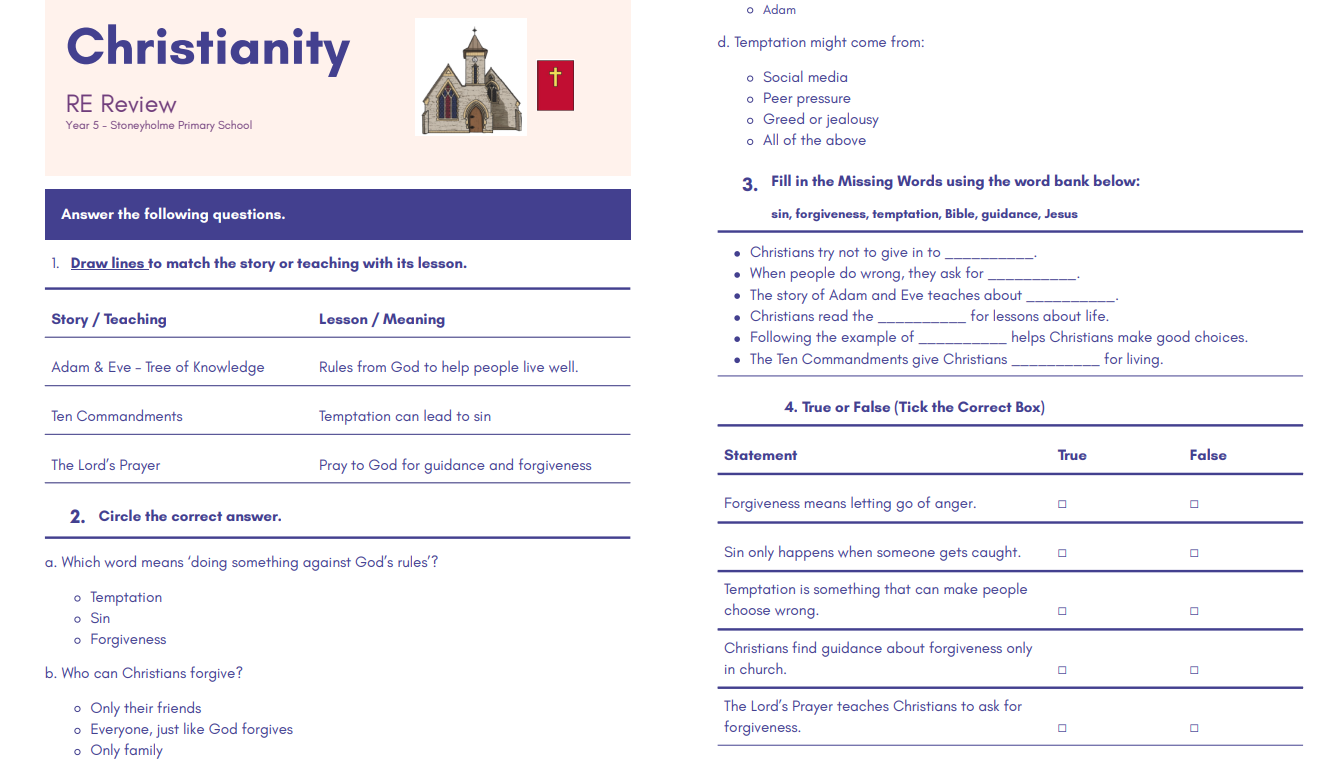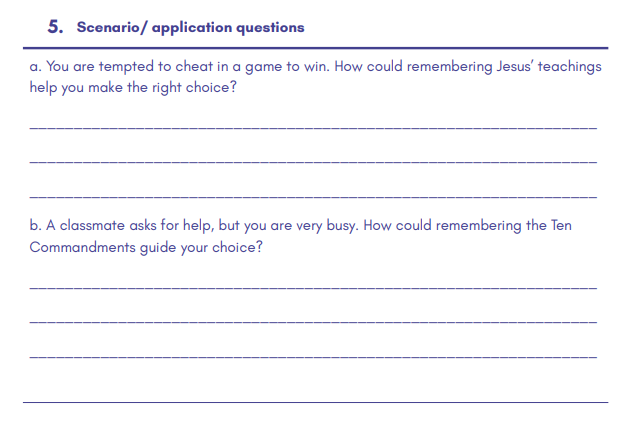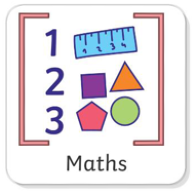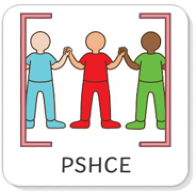Tuesday 21st October
LC: to use note-taking skills to create an effective plan for a non-chronological report
Use your QUADs grid to complete your plan for your independent report about the achievements of the ancient Greeks.
Look at your model plan to help you.
Look back at your teacher's model to help you.
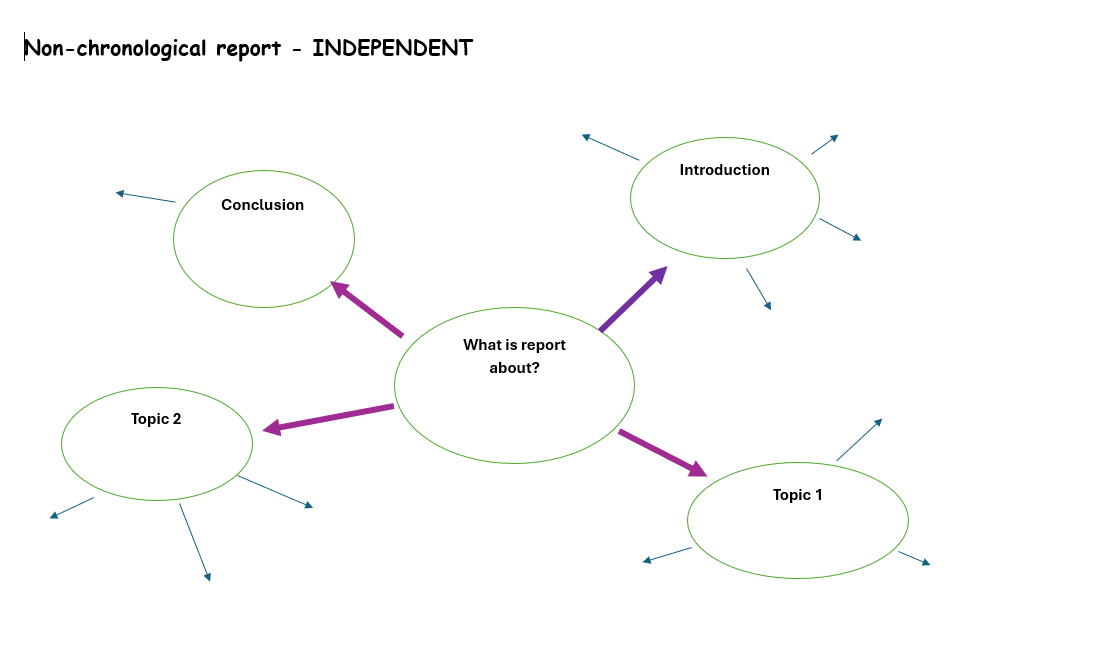
21/10/25
LC: To be able to create and determine square and cube numbers.
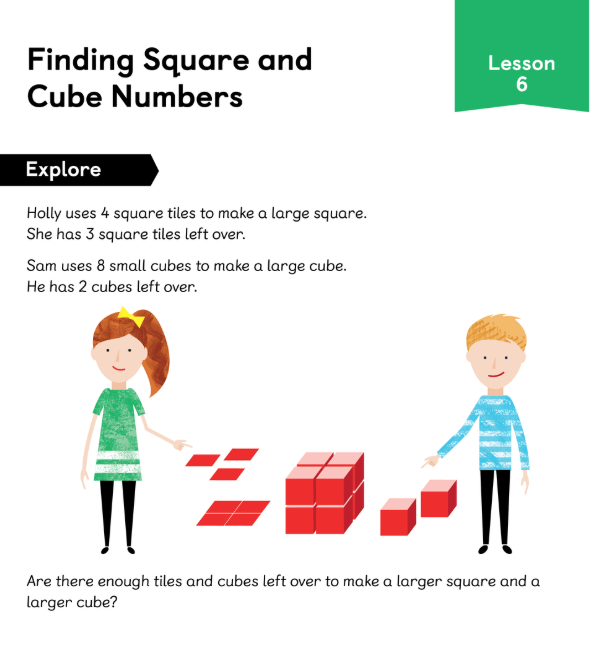
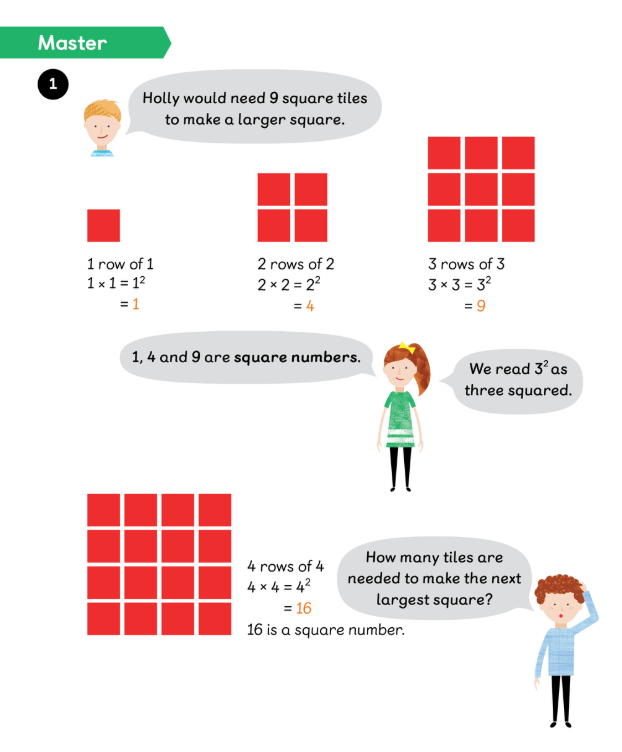
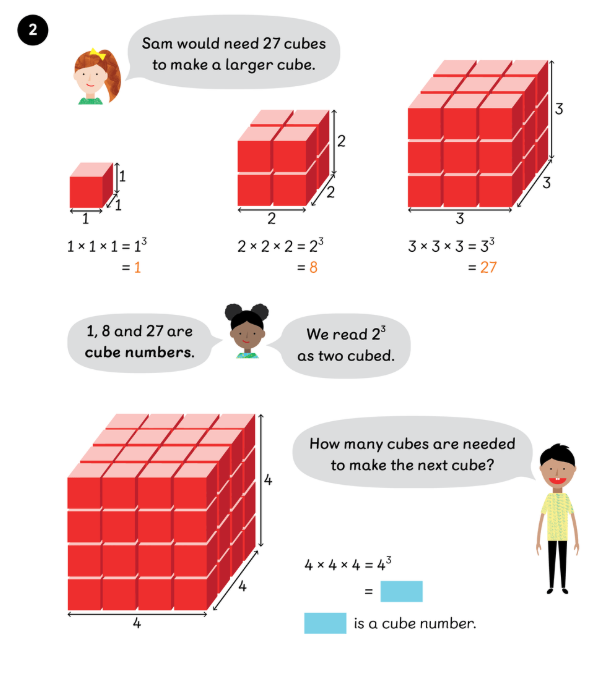
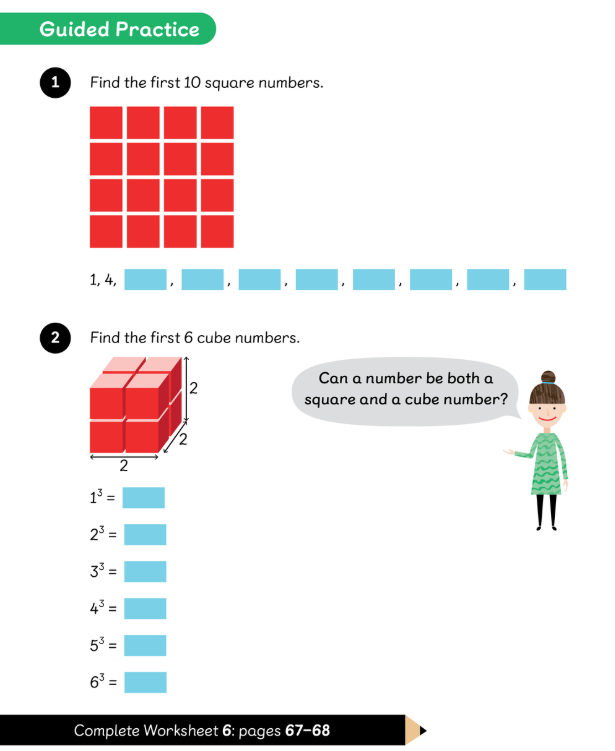
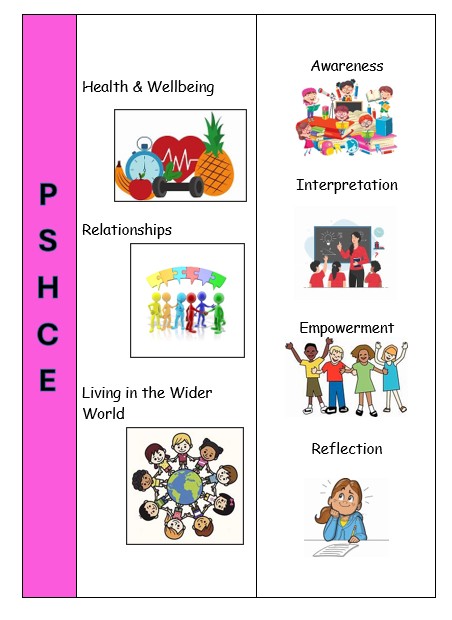
LC: To understand the consequences of making poor choices and to discuss strategies to build resilience.
Talk Partners
What might happen after each choice?
“You forget your homework. Do you tell your teacher or make an excuse?”
“Your friend is being left out. Do you join in or stand up for them?”
Every action has a consequence—sometimes good, sometimes not so good.
Choices and Consequences
Let's look at some positive and negative choices and the consequences.
| Positive Choice | Positive Consequence |
|---|---|
| Listening in class | You understand the lesson and finish your work |
| Being kind to others | You build friendships and feel good |
| Owning up to a mistake | You gain trust and respect |
| Negative Choice | Negative Consequence |
|---|---|
| Interrupting others | People get annoyed or stop listening to you |
| Being rude to a teacher | You might get a warning or lose privileges |
| Refusing to join in | You miss out on fun and teamwork |
Resilience
What does resilience mean?
How do we feel when we make mistakes?
How can we bounce back or make things better?
Have a Growth Mindset
-
Believe that you can improve with effort.
-
Instead of saying “I can’t do this,” try “I can’t do this yet.”
-
Remember that mistakes help your brain grow!
Keep Trying (Perseverance)
-
Don’t give up after one try — try again in a different way.
-
Take breaks if you need to, but come back to it.
-
Celebrate small steps forward.
Talk About Your Feelings
-
Tell someone you trust (a teacher, parent, or friend) how you feel.
-
Talking helps you understand and manage emotions.
-
You don’t have to face problems alone.
Stay Calm and Breathe
-
When you feel frustrated, take deep breaths or count slowly to 10.
-
Walk away for a moment to calm down.
-
Use positive self-talk: “I can handle this.”
Be Kind to Yourself
-
Everyone makes mistakes — that’s how we learn.
-
Instead of being hard on yourself, ask, “What can I learn from this?”
-
Treat yourself like you’d treat a friend.
Ask for Help When You Need It
-
Resilient people know that asking for help is a sign of strength.
-
Teachers, family, and friends are there to support you.
Learn From Mistakes
-
Think: What happened? What could I do differently next time?
-
Every mistake is a chance to grow and improve.
Stay Connected
-
Spend time with people who make you feel good.
-
Join in group activities, clubs, or games.
-
Having friends and family around helps you stay strong.
Focus on What You Can Control
-
You can’t always control what happens, but you can control how you respond.
-
Focus your energy on making positive choices.
Stay Positive
-
Try to find something good in each day.
-
Keep a gratitude journal — write down 3 good things each day.
-
Positive thinking helps you stay strong inside.
Activity
Complete a short reflection:
A time I made a poor choice was…
The consequence was…
Next time, I will…
Someone who helps me make better choices is…
One way I can show resilience is…

LC: To consolidate learning on the concept of forgiveness, sin and temptation in Christianity.
This half term in RE, we have been learning about sin, temptation, forgiveness, and prayer in the Christian faith.
-
Sin and forgiveness:
Christians believe that sin means choosing to do something that goes against God’s will or what God teaches. Everyone makes mistakes, but Christians also believe that God is loving and ready to forgive when people are truly sorry and try to make things right. Forgiveness is an important part of the Christian faith because it brings peace and helps people rebuild relationships with others and with God. -
The story of Adam and Eve (Genesis 3):
In this story, Adam and Eve lived in the Garden of Eden and were told by God not to eat from the Tree of Knowledge. When they disobeyed, they gave in to temptation. This story teaches Christians about the importance of free will, the consequences of wrong choices, and the need to say sorry and seek forgiveness. -
Temptation:
Christians believe that everyone faces temptation – the urge to do something we know is wrong or unkind. Jesus himself was tempted in the wilderness but resisted by remembering God’s words. Christians try to resist temptation by praying, remembering Jesus’ example, and asking God for help and strength. -
The Lord’s Prayer:
This is one of the most important prayers in Christianity. Jesus taught it to his followers as a guide for how to pray. It includes lines like “Forgive us our trespasses, as we forgive those who trespass against us”, reminding Christians to both ask for forgiveness and forgive others. It also says “Lead us not into temptation”, showing that Christians ask God to help them make good choices and stay strong when faced with challenges.
Task: Complete the Review
